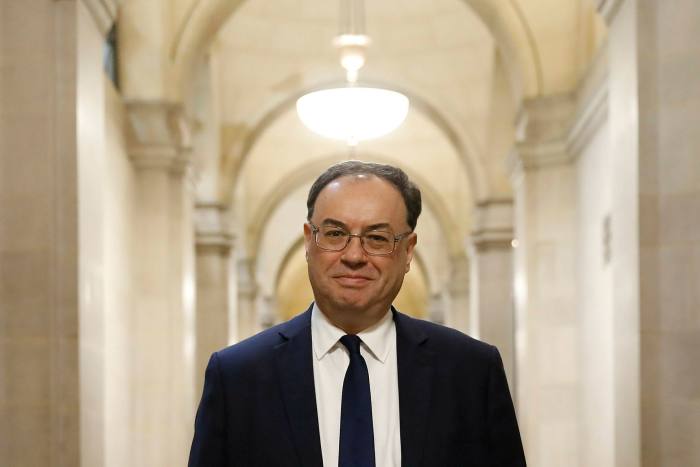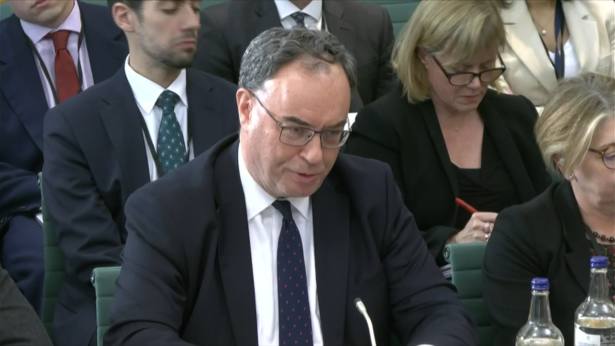
The Bank of England has kept the base rate of interest at a record low of 0.1 per cent as it warned of “severe economic and financial disruption” caused by Covid-19.
In a statement published today (May 7), the BoE said its monetary policy committee had voted unanimously to keep the interest rate at 0.1 per cent, saying the coronavirus and the measures to contain it were having a “significant impact” on the UK.
The BoE stated: “Economic data have continued to be consistent with a sudden and very marked drop in global activity. Oil prices have been volatile.
“The unprecedented situation means that the outlook for the UK and global economies is unusually uncertain. It will depend critically on the evolution of the pandemic, and how governments, households and businesses respond to it.”
The central bank is predicting that UK growth will fall by 25 per cent in the second quarter of 2020 but will then recover somewhat, leading to the British economy shrinking by 14 per cent over the course of the year.
The BoE rate has been held at a record low of 0.1 per cent since March 19 as part of its attempts to boost the British economy amid the current lockdown.
Initial measures to battle the economic impact of the virus also included buying UK government and company debt, increasing its holdings in such bonds by £200bn to £645bn.
The committee in yesterday’s meeting voted by a majority of 7-2 for the BoE to continue with the programme of £200bn bond purchases. According to the notes, the two opposing members preferred to increase the target for such asset purchase by an additional £100bn.
The committee has constructed an economic scenario based on assumptions about the responses of governments, households and businesses in a bit to illustrate the potential impact of the virus on the economy.
In the short term, a bleak picture of the UK economy is suggested, with a halving in business investment, a near halving in business sales, a sharp rise in unemployment and households cutting their spending by third.
But in this scenario, the recovery in economic activity once measures are softened is “relatively rapid” and inflation rises to around the 2 per cent target.
Laura Suter, personal finance analyst at investment platform AJ Bell, said: “The Bank is still fairly confident of its projections of a V-shaped recovery, with economic activity picking up ‘relatively rapidly’ once social distancing measures are relaxed.
“However, it depends how they are relaxed, what businesses can open up first, how quickly they start spending and how much the public remains wary of going out and spending their money.”
According to the BoE, there has been “tentative signs” of recovering in domestic spending in China which was likely to be echoed in other countries which have started to relax restrictions.
Prime minister Boris Johnson is set to announce the UK’s plans for lifting the lockdown measures this Sunday (May 10), with a number of restrictions — such as the blanket ‘stay at home’ rule and garden centres being shut down — expected to lifted from as soon as Monday (May 11).





